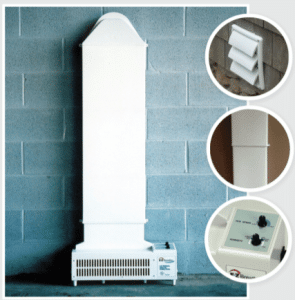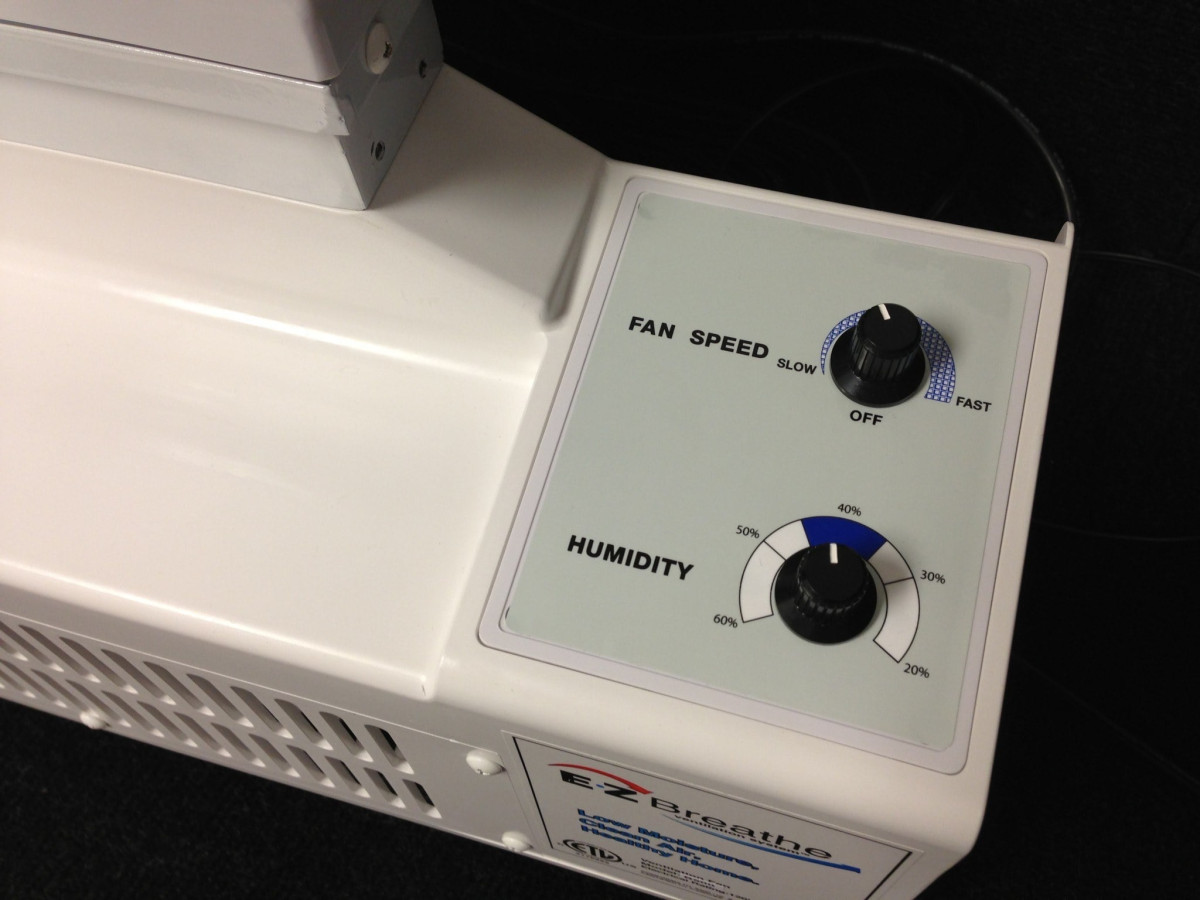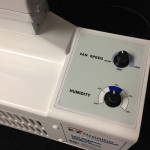Improving Indoor Air Quality for a Healthier Home Environment
In the pursuit of a healthy lifestyle, we often focus on diet, exercise, and mental well-being. However, one critical aspect that tends to be overlooked is the quality of the air we breathe indoors. Indoor air quality (IAQ) plays a substantial role in our overall health and comfort, as we spend a significant amount of our time indoors, whether at home, in the office, or in other enclosed spaces. Understanding the importance of IAQ and taking steps to improve it can have a profound impact on our well-being.
The Significance of Indoor Air Quality
Indoor air quality refers to the condition of the air inside buildings and structures as it relates to the health and comfort of occupants. It’s influenced by a variety of factors, including the presence of pollutants, humidity levels, ventilation, and the materials used in building construction and furnishings. Poor IAQ can result in a range of health issues, from minor discomforts like headaches and fatigue to more serious respiratory problems and allergies. Long-term exposure to indoor pollutants has even been linked to chronic health conditions like asthma and cardiovascular diseases.
Common Indoor Air Pollutants
 x
x
Several sources contribute to indoor air pollutants. These include volatile organic compounds (VOCs) emitted from household products such as paints, cleaning agents, and furniture. Particulate matter, such as dust, pollen, and pet dander, can also degrade indoor air quality. Additionally, inadequate ventilation can lead to the accumulation of carbon dioxide, leading to feelings of stuffiness and reduced cognitive function.
Strategies for Improving Indoor Air Quality
Regular Cleaning and Maintenance: Regular cleaning of floors, surfaces, and upholstery can help reduce the buildup of dust and allergens. Vacuum cleaners equipped with HEPA filters are particularly effective at trapping small particles.
Proper Ventilation: Adequate ventilation is crucial for maintaining good IAQ. Opening windows and using exhaust fans in kitchens and bathrooms can help to remove pollutants and bring in fresh air.
Air Purifiers: Air purifiers equipped with HEPA filters and activated carbon can effectively remove airborne particles and odors, enhancing the air quality within a space.
Reducing VOC Emissions: When renovating or redecorating, choose low-VOC or VOC-free paints, adhesives, and building materials to minimize the emission of harmful chemicals.
Indoor Plants: Certain indoor plants, such as snake plants and peace lilies, can help naturally purify the air by absorbing pollutants and releasing oxygen.
Maintaining Humidity Levels: Keeping indoor humidity levels between 30% and 50% can prevent mold growth and dust mites, which thrive in more humid environments.
Avoid Smoking Indoors: Tobacco smoke is a potent indoor air pollutant and should be strictly avoided indoors.
Regular HVAC Maintenance: Heating, ventilation, and air conditioning (HVAC) systems should be regularly inspected and maintained to ensure they are operating efficiently and not spreading pollutants.
The Benefits of Good Indoor Air Quality
Investing time and effort into improving indoor air quality can yield numerous benefits. Firstly, it can lead to improved respiratory health, reduced allergies, and fewer headaches and fatigue. A healthier indoor environment also promotes better cognitive function and productivity. Moreover, clean indoor air is particularly crucial for vulnerable groups such as children, the elderly, and individuals with preexisting health conditions.
As we continue to prioritize our well-being, it’s imperative to recognize the role that indoor air quality plays in our daily lives. The steps we take to improve IAQ can have lasting effects on our health and comfort. By adopting simple practices such as regular cleaning, proper ventilation, and conscious material choices, we can create a home environment that supports our physical and mental well-being. Remember, the air we breathe indoors should be as clean and refreshing as the outdoor air we cherish.
Contact the Professionals at K-Mag Basement Solutions Today! 330-468-6500




















